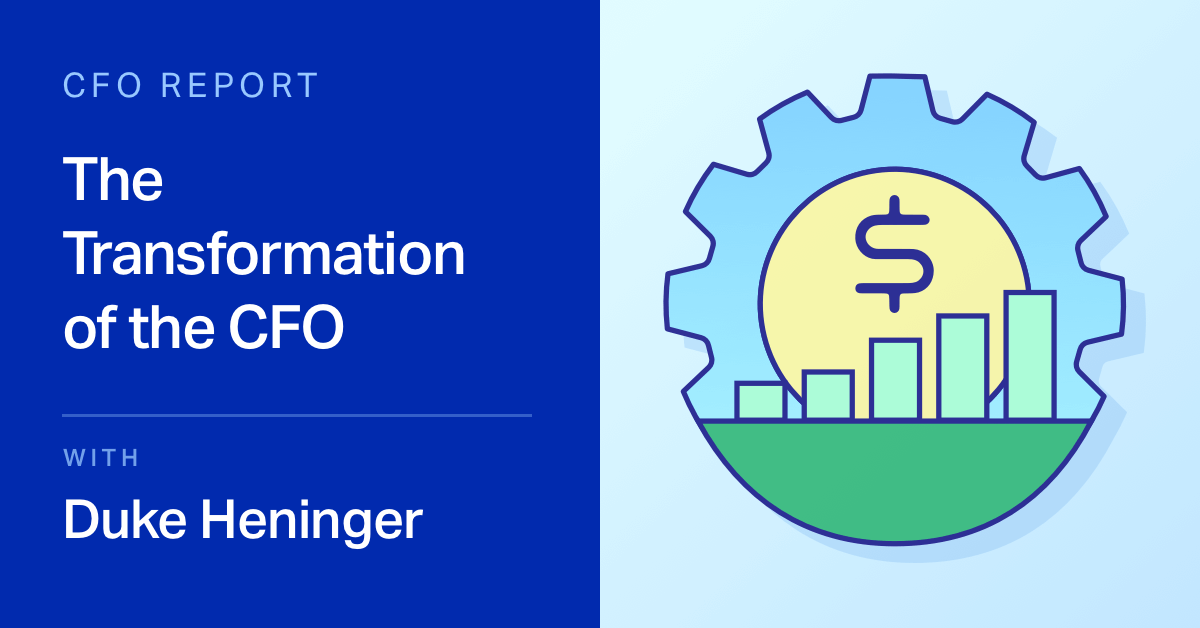For women, a career in finance or accountancy can be influenced by the disproportionate number of male finance executives versus women in finance leadership roles. The lack of visibility and unclear growth trajectory can stifle opportunities for aspiring finance professionals.
Finance leaders can drive successful outcomes for their teams by incorporating mentoring programs to support their growth, especially for female finance and accounting professionals. A study conducted by Cornell University’s School of Industrial and Labor Relations found that mentoring programs boosted minority representation at the management level from 9% to 24%. The study also found that mentoring programs dramatically improved promotion and retention rates for minorities and women from 15% to 38% compared to non-mentored employees.
To dive deeper into this topic, we connected with Lory Blowers, a former finance executive at the Kellogg Company and advocate for mentorship in finance. Here’s what we learned:
You've had an incredible career! Can you tell us about your leadership journey?
Some of the most rewarding experiences I have had along my journey were actually outside my area of expertise. I am an accounting and finance professional, but I also spent time in project management, change management, strategy, and other disciplines. One of the most valuable lessons I learned came from stepping outside my comfort zone and taking on roles outside of my wheelhouse.
I lead my teams through a servant leadership style and focus on enabling their professional growth. I aim to provide the proper resources that help them set goals and timelines in order to be successful in their respective roles. I also try to develop teams that are very diverse from myself. Having others who are too much like me fails to drive the innovative thinking and varied perspectives needed for a team to succeed. I have had the opportunity to be part of a few truly phenomenal teams. What makes these teams stand out as phenomenal is they set clear goals, establish transparent responsibilities, have a diverse, open mindset, and deliver results. That is the kind of leader I try to be. I strive to motivate everyone to bring their ideas to the table and create an inclusive environment.
Have you taken any risks in your career?
When I chose to move from an automotive parts supplier organization to Kellogg Company, I took a step back in my career. I decided to do that for a couple of reasons. First, I felt the opportunities at my prior corporation were very limited for me, and taking on a new position would open up more opportunities. With that decision, I had to take a step back. I went from being in a management position to a non-management analyst position, just to join the Kellogg Company. I took the risk, which benefited me and resulted in experiences in areas I had never spent time in, and I loved it. For example, when I started working on innovations, I discovered the power of partnering with people from across the organization.
Working outside of the finance function, I learned that just because you have expertise in one area does not mean you cannot apply those skills in other ways. Whether it was in production, planning, or contract manufacturing, I still used all of my finance skills. Your skillset is what matters. Your way of thinking will shine and drive value, no matter your position.
Can you speak to the importance of having female representation in finance and mentorship?
One of the most important jumps in my career came from taking a risk. Seven years into my career at the Kellogg Company, I was presented with the opportunity to be the Chief Financial Officer of a smaller business unit. I had been outside a finance role for two years, and I honestly did not feel like I was qualified for the position. I was concerned about taking the role because I recently had a baby, my daughter was around 4 months old. The North American CFO who presented me with the offer suggested I talk to the business unit's president. The president at the time happened to be a woman. She interviewed me and thought I would be a good fit!
When I expressed I could not take the job because I had a baby at home, she said, “I will set you up with a mentor to get you acclimated, and you can work from home two days a week. I understand how important it is! We think you are a good fit, so we will do everything to make it work for you”, and I accepted the job.
With the support of the North American CFO and the President of Natural and Frozen Foods, both of whom were women, they took me under their wings and helped me develop in that role and into a better leader. Within a year, I acquired additional responsibilities, and by year two, I was the CFO of a billion-dollar business unit.
What would you tell women in finance who aspire to be in leadership, and what advice would you give on closing the gender gap in finance?
- Be comfortable with not being the smartest person in the room. I have learned over the years that to be a great leader means you can get great minds together to help solve problems and achieve business goals.
- Just listen! I have seen many leaders talk more than they listen. There is so much you can miss by not listening.
- Women can do more to help women. When I look back on my career, I spent a lot of time mentoring, which is one area I think every business should continue to develop. Women can benefit tremendously from mentorship, both formal and informal.



.png?width=620&height=620&name=CFO-report_cover%20(3).png)


